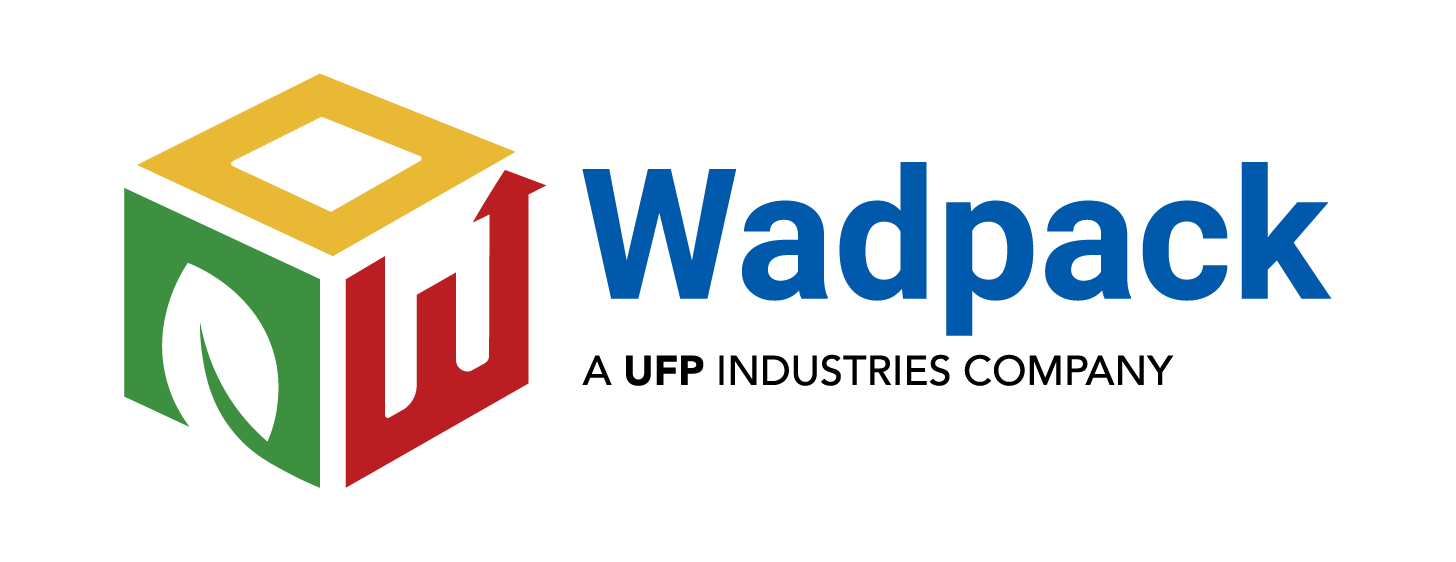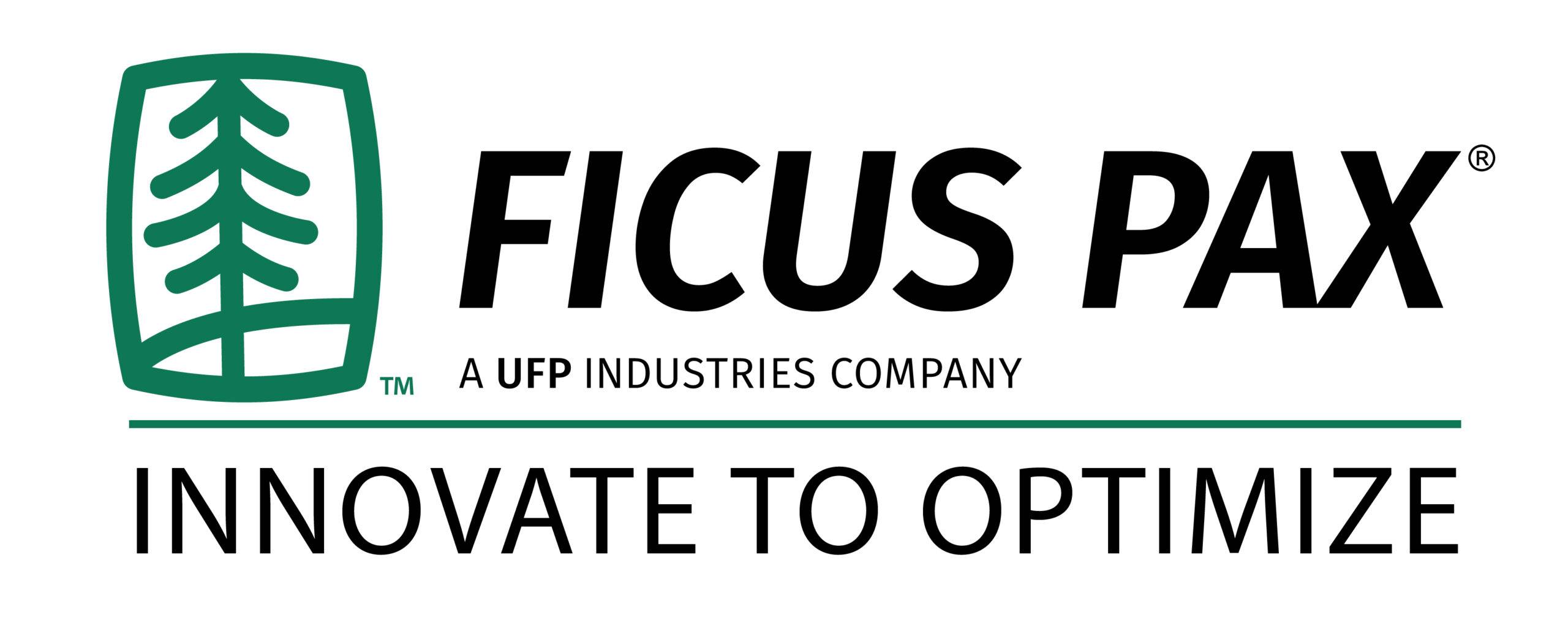The Future Of India’s Packaging Industry

The future of India’s packaging industry holds great potential and opportunities for growth. As one of the fastest-growing economies in the world, India is witnessing significant changes in its consumer landscape, lifestyle patterns, and technological advancements. These factors, along with increasing urbanization and a rising middle class, are shaping the future trajectory of the packaging industry in the country.
- Shift towards Sustainable Packaging: In recent years, there has been a growing emphasis on sustainable and eco-friendly packaging solutions worldwide. This trend is also gaining momentum in India. Consumers are becoming more conscious of the environmental impact of packaging materials and are demanding greener alternatives. As a result, the industry is witnessing a shift towards sustainable packaging materials such as bioplastics, compostable packaging, and recycled materials. The Indian government has also taken initiatives to promote sustainable practices, such as the Plastic Waste Management Rules and the Swachh Bharat Abhiyan, which further support the adoption of eco-friendly packaging.
- Increased Focus on E-commerce Packaging: The rapid growth of e-commerce in India has created a significant opportunity for the packaging industry. With the increasing number of online purchases, there is a growing demand for secure and efficient packaging solutions to protect products during transit. The packaging industry is adapting to this shift by developing specialized packaging materials, such as tamper-evident packaging, corrugated boxes, and air-filled cushions, to ensure safe delivery. Additionally, customized packaging options are becoming popular, allowing e-commerce companies to enhance their brand identity and provide a unique unboxing experience for customers.
- Technological Advancements: The packaging industry is embracing technological advancements to improve efficiency, product safety, and customization. Automation and robotics are being increasingly integrated into packaging processes, leading to higher production speeds, reduced costs, and improved quality control. Advanced machinery and equipment, such as digital printing systems, smart labels, and RFID tags, are enabling better traceability, inventory management, and anti-counterfeiting measures. These technological innovations not only enhance the overall efficiency of the industry but also enable the development of smart and interactive packaging solutions.
- Rising Demand for Convenience Packaging: The busy lifestyles of modern consumers have led to a rise in demand for convenience packaging solutions in India. Ready-to-eat meals, single-serve packages, resealable pouches, and easy-to-open containers are gaining popularity. Convenience packaging offers convenience, portion control, and extended shelf life, catering to the evolving needs of urban consumers. The industry is responding to this demand by investing in research and development to create innovative packaging designs and materials that prioritize convenience without compromising on product quality and safety.
- Focus on Health and Wellness: The increasing awareness of health and wellness among consumers is influencing the packaging industry in India. There is a growing demand for packaging solutions that maintain the freshness, nutritional value, and hygiene of food products. Active and intelligent packaging technologies, such as antimicrobial packaging, oxygen scavengers, and freshness indicators, are being developed to ensure product integrity and safety. Additionally, the packaging industry is witnessing the integration of smart packaging features, such as QR codes and NFC tags, which provide consumers with access to product information, ingredient lists, and nutritional details.
- Regulatory Environment and Quality Standards: The Indian government has implemented various regulations and quality standards to ensure the safety and integrity of packaging materials. The Bureau of Indian Standards (BIS) has set guidelines for packaging materials and processes, covering aspects such as labeling, materials, and hygiene. Compliance with these regulations is becoming crucial for packaging companies to operate in the Indian market. Additionally, the government is actively promoting Make in India and Atmanirbhar Bharat (self-reliant India) initiatives, which encourage domestic production and the use of locally sourced materials, further influencing the future of the packaging industry.
- Export Opportunities: India’s packaging industry is well-positioned to tap into export opportunities. With its skilled workforce, cost-effective manufacturing capabilities, and a diverse range of packaging materials, India has the potential to become a global packaging hub. The Indian government’s focus on improving ease of doing business, promoting export-oriented policies, and participating in international trade agreements supports the growth of the packaging industry in the global market. Increasing exports not only contribute to the industry’s revenue but also drive technological advancements and innovation.
In conclusion, the future of India’s packaging industry is promising, driven by factors such as sustainable packaging practices, the growth of e-commerce, technological advancements, changing consumer preferences, and favorable government policies. The industry is evolving to meet the demands of a rapidly changing market, and companies that adapt to these trends will find significant growth opportunities both domestically and internationally. By embracing sustainability, technology, convenience, and quality, the packaging industry in India can play a crucial role in supporting the country’s economic development and cater to the evolving needs of consumers in the years to come.




Leave a Comment